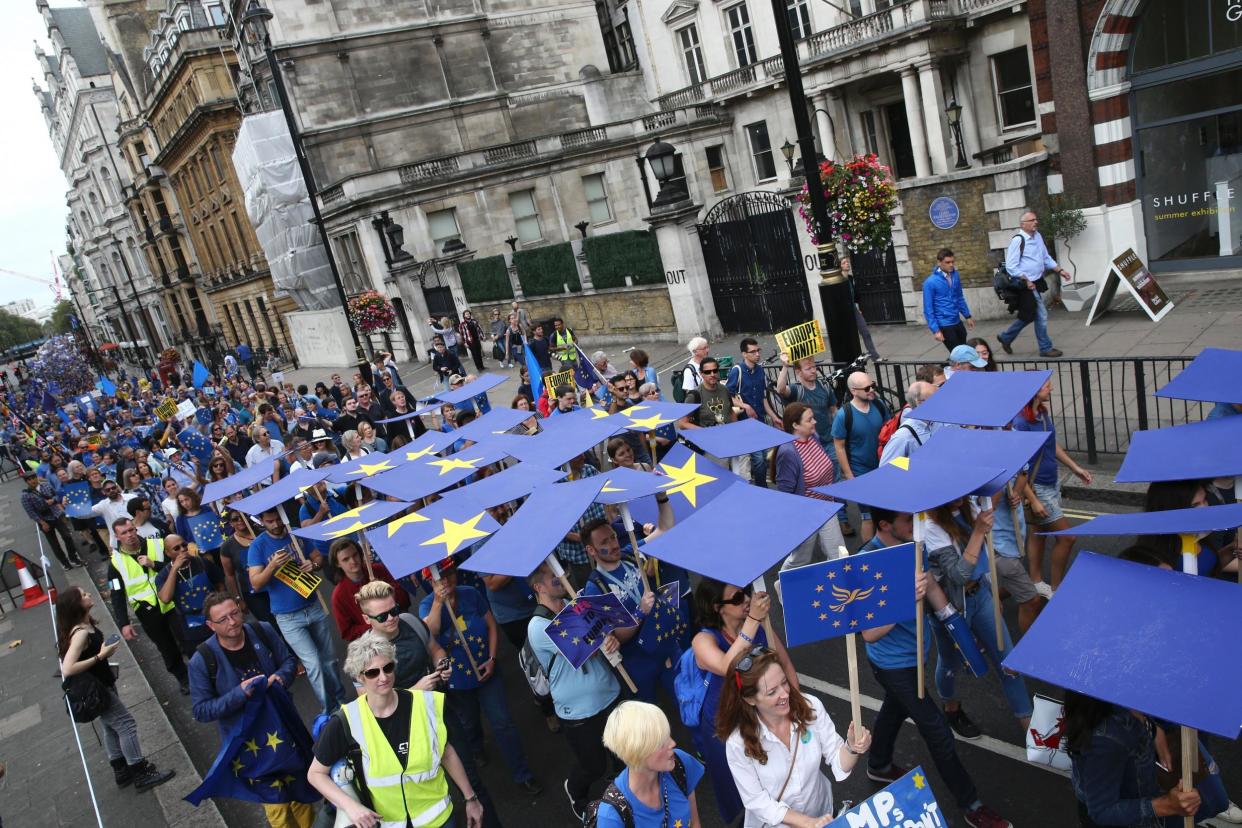Britain risks rushing into 'politically-motivated' trade deals 'unlikely to have many economic benefits'

British Brexit negotiators risk signing trade deals that are damaging, politically-motivated and “unlikely to have many economic benefits”, according to the expert who is training the Government’s officials on negotiations.
In an interview with the Times, Steve Woolcock, a professor at the London School of Economics, who leads the advanced trade negotiation course that has been attended by more than 60 officials from Liam Fox’s Department for International Trade, said the risk of rushing into politically motivated deals within two years of triggering Article 50 could damage British industry.
“The greatest danger in trade policy at the moment is that there’s a political imperative to conclude agreements with other countries to show that Brexit works,” Mr Woolcock told the Times.
“These are unlikely to have many economic benefits or enable the UK to keep up with other preferential trade agreements,” he added.
Mr Woolcock’s warning comes as Prime Minister Theresa May prepares to trigger Article 50 on Wednesday, officially kick-starting Britain’s two-year timeframe to negotiate its formal exit from the EU.
“At a political level there is still no recognition of the difficulties,” Mr Woolcock said, adding that the Brexit debate is currently far too focused on tarrifs.
“All the debate was about tariffs. But tariffs are a minor aspect of doing business internationally today,” he said.
“The problem is on regulatory issues. The UK has to negotiate some kind of arrangement that can help to continue to ensure that UK regulatory standards will still be seen as equivalent. Without that it’s too easy for the EU to simply say ‘no, that doesn’t apply anymore’.”
Some trade experts are concerned that even if the Government tries its best to negotiate a free trade agreement with the EU it could be impossible to complete within the two-year timetable for Britain to leave after Article 50 of the Lisbon Treaty is triggered.
The Department for International Trade told The Independent: “As we begin the process of leaving the European Union, there will be challenges ahead, yet also unprecedented opportunities. For the first time in over 40 years, we will have our own, independent trade policy, allowing us to renew bonds of trade and commerce with our partners across the globe. We have the right skills, experience, and leadership to help achieve the best deal for the UK."
